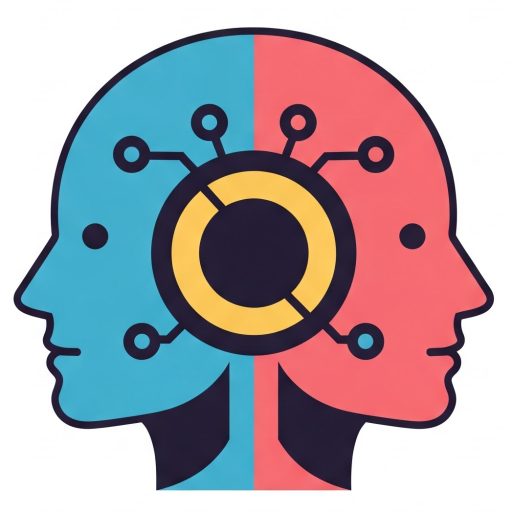Machine Intelligence Isn’t Out to Exterminate Humanity; It’ll Just Help Us Do the Job Faster
The Human Factor in the AI Narrative: Misplaced Fears and Overlooked Realities
In recent discussions about artificial intelligence, a common concern has been about AI potentially posing an existential threat to humanity. However, this perspective may overlook the broader context and underlying issues at play. AI, in itself, is unlikely to rise up against humans or to be the agent of global catastrophe. Instead, it could serve as a tool—one that accelerates existing human tendencies and actions.
Focusing solely on AI as a civilization-ending entity distracts us from the more pressing and tangible threats rooted in human behavior. Humanity has been responsible for the extinction of approximately 70% of Earth’s animal species through activities like deforestation, pollution, and overhunting. It is humans who are responsible for destroying ecosystems, depleting natural resources—particularly our planet’s oxygen sources—and disrupting oceanic life.
Our history reveals a pattern of conflict, environmental degradation, and resource misuse that predates artificial intelligence by millennia. AI has not caused the ongoing ecological crises or driven societies into perpetual conflict; these issues originate from human choices and systemic flaws.
Rather than viewing AI as an autonomous agent of destruction, it’s crucial to recognize it as an amplification of human intent. If misused, AI’s immense capabilities could facilitate widespread harm—yet it remains an extension of our own actions, not an independent menace. The true existential threat lies in human nature itself: our tendencies toward greed, conflict, and shortsightedness.
As we stand on the cusp of further AI advancements, the focus should remain on addressing the core issues that threaten our future. Responsible development and ethical use of artificial intelligence can help ensure it serves as a force for positive change, rather than a weapon of unchecked destruction. The challenge is not AI’s potential to harm ourselves, but our willingness to control and guide our own impulses toward a sustainable future.














Post Comment